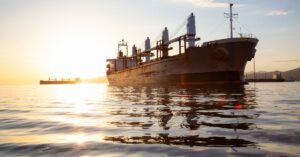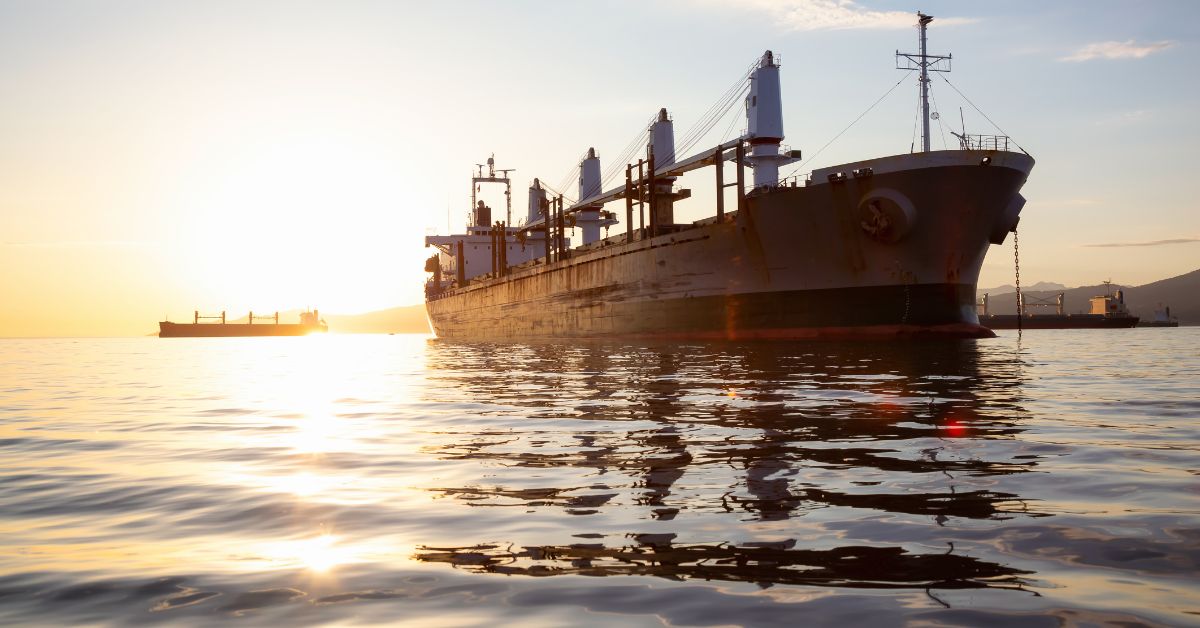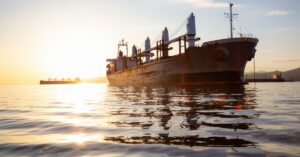First Training Framework For Seafarers Working On Ammonia, Hydrogen & Methanol Powered Ships Released

World’s First River Cruise Ship For Only Solo Travellers To Sail From 2027
September 17, 2025
Video: Israel Attacks Houthi-Controlled Hodeidah Port In Red Sea
September 17, 2025

The Maritime Just Transition Task Force (MJTTF) released the shipping industry’s first training framework for the development of training programs for seafarers working on ships powered by ammonia, hydrogen and methanol.
These training frameworks would be accompanied by instructor handbooks and cater to the needs of seafarers in entry-level positions or in operational roles, and even senior positions.
The MJTFF would also reveal guidelines for general familiarisation programmes, for seafarers and shore-based personnel who are not specifically covered by the International Convention on Standards of Training, Certification and Watchkeeping for Seafarers, 1978 (1978 STCW Convention).
These frameworks would also help maritime administrations in setting the criteria for developing training programmes and establishing certification schemes and competency validation mechanisms for seafarers, including classroom education, simulation-based performance assessments and sea-line training.
Maritime education and training institutions will also upgrade their curriculum and delivery models.
Shipping Companies will get support in personnel onboarding and safety management system updates.
The project continued along with IMO’s ongoing review of the 1978 STCW. It has led to the establishment of a clear understanding, proficiency and knowledge needed for seafarers in decarbonisation and serves as input to review the process, including through submissions to the IMO Sub-Committee on Human Element, Training and Watchkeeping.
The MJTTF was created 4 years ago at COP26 by the International Chamber of Shipping
(ICS), the International Transport Workers’ Federation (ITF), the United Nations Global Compact, the International Labour Organization (ILO), and the International Maritime Organization (IMO).
Source: Maritime Shipping News


